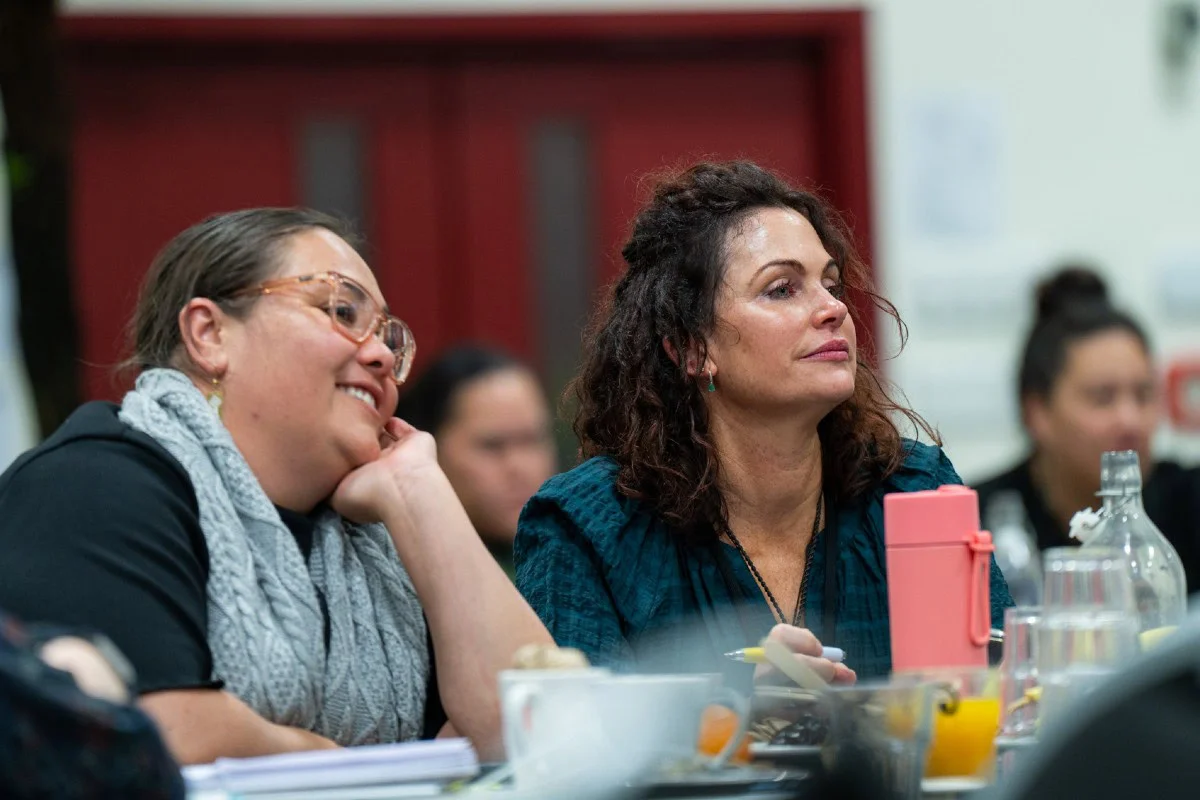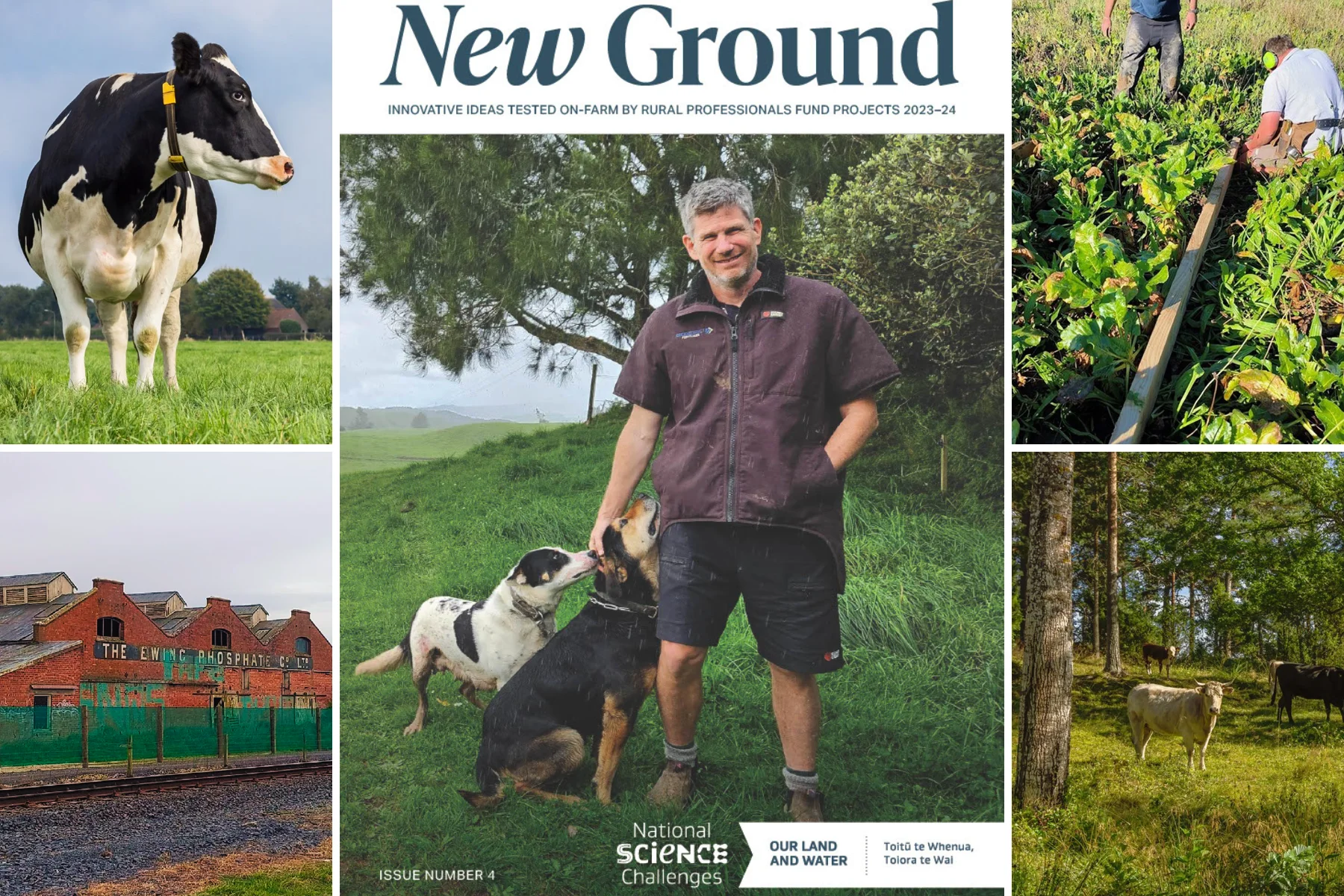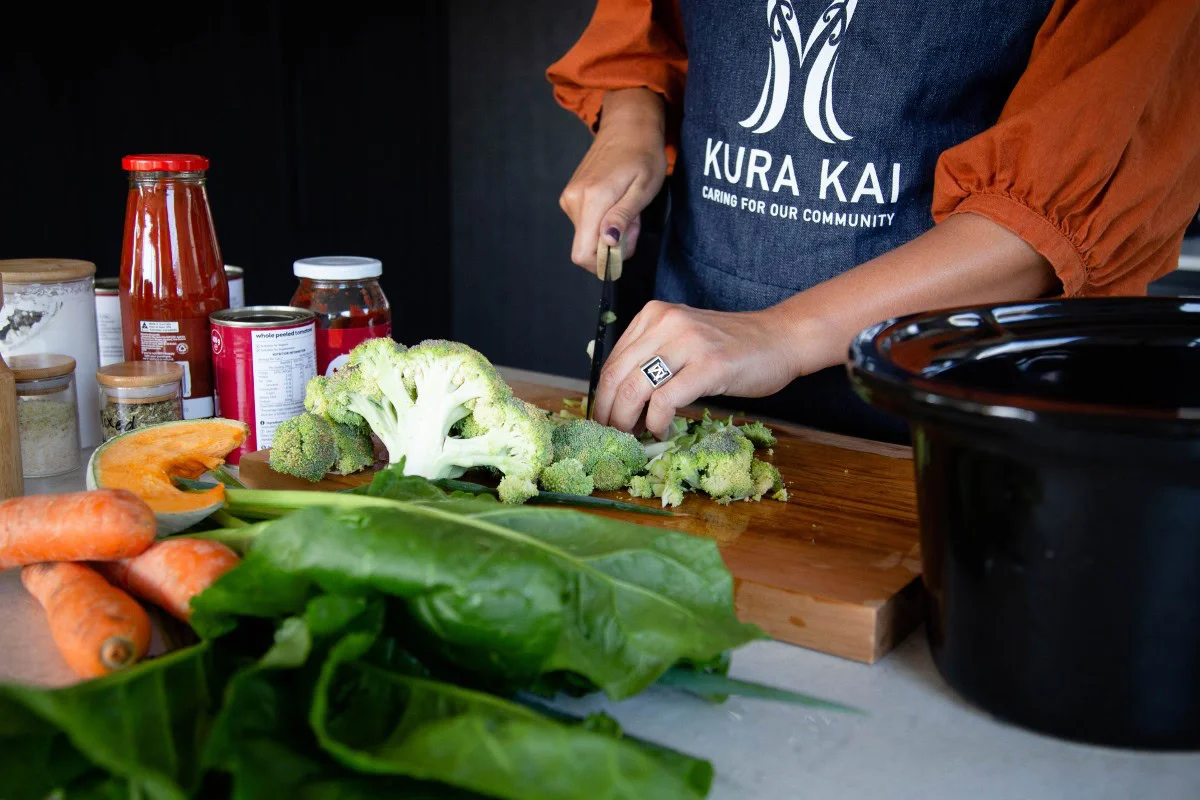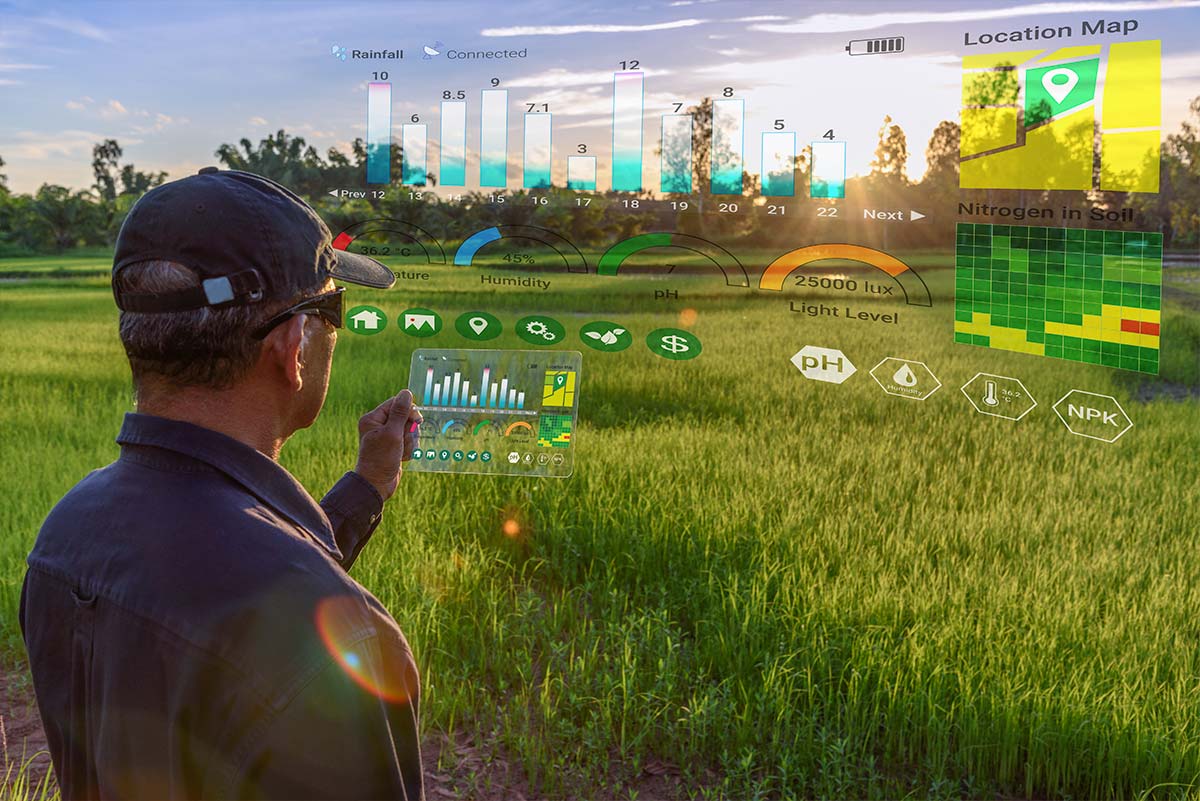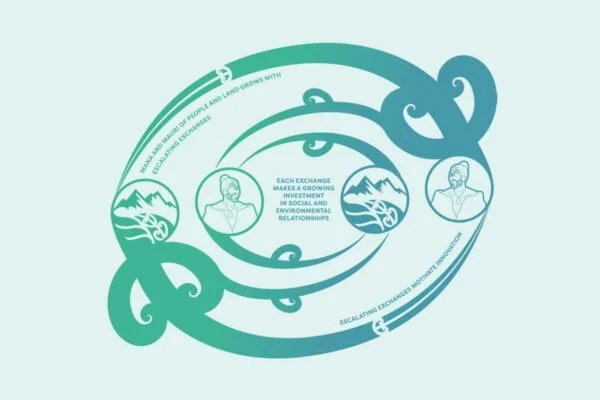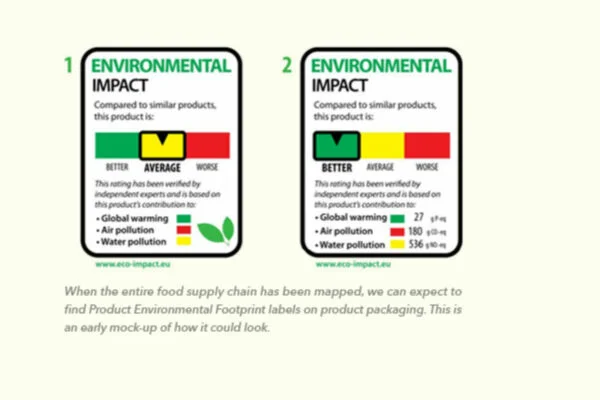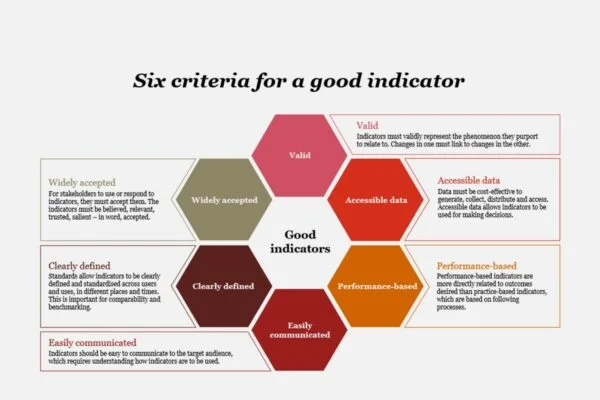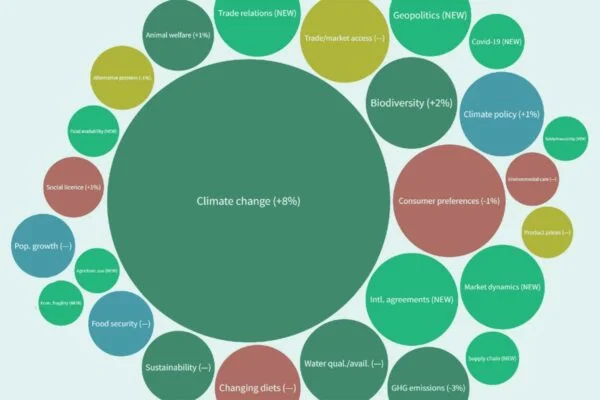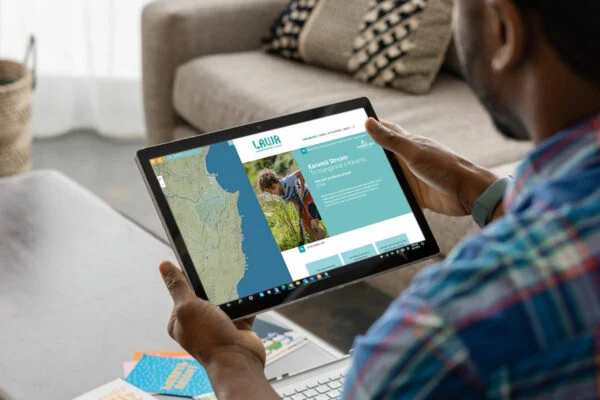Early Māori Agricultural Entrepreneurship
Te Ahuwhenua Māori Tōmua
Culturally responsive reimagining of primary production based on traditional models of the past
Project Details Ngā taipitopito
Collaborators Ngā haumi
AgFirst | AgResearch | Nga Uri o te Ngahere Trust | Te Rangatahi o te Whenua Trust
What are we doing? E aha ana mātou?
Historical Māori land use practice was adapted to create unprecedented primary production and export success immediately after early European contact (1840–1864, the “golden years” of Māori agricultural entrepreneurship).
The cultural/social enterprise model for food production used by Māori enhanced community wellbeing and maintained the mauri of traditional ecosystems.
This project will produce a white paper exploring how this model could inform the creation of new production models that are socially responsive, non-exploitative, high-value and world-leading.
Māori elders will contribute through interviews about historical events, recognising rangatira rangahau and mana motuhake.
The research is supported by Kohimarama Aotearoa, a regional network of whenua Māori land blocks in regions of high socio-economic deprivation, with international reach across the Kohimarama / Global Research Alliance indigenous network.
E aha ana mātou?
I urutau te tikanga whakamahinga whenua a ngāi Māori o mua kia puta mai te whakaputanga mātāmua me te angitu hoko whakawaho i muri tonu mai i te pānga tōmua nō Uropi (1840–1864, arā ngā “tino tau” o te rakahinonga ahuwhenua Māori).
I whakapikia te oranga ā-hapori e te tauira rakahinonga ā-ahurea/ā-pāpori i whakamahia e ngāi Māori, ā, i puritia hoki te mauri o ngā pūnaha hauropi tuku iho.
Ka whakaputaina e tēnei kaupapa tētahi pepa mā e tewhatewha ana me pēhea taua tauira e whakamōhio i te hanganga o ngā tauira whakaputanga hou he mea urupare ā-pāpori, he mea kore kaiapo, he mea nui te uara, he mea ārahi i te ao anō hoki.
Ka tautoko mai ngā kaumātua Māori mā ngā uiui mō ngā pānga o mua, e whakamana ana i ngā rangatira rangahau, i te mana motuhake hoki.
E tautokona ana te rangahau e Kohimarama Aotearoa, arā e tētahi kōtuitui ā-takiwā o ngā poraka whenua Māori kei ngā takiwā o te pakukore ā-pāpori-ohaoha nui, me te pānga ā-ao anō hoki whakawhiti atu i te kōtuitui taketake o Kohimarama / Global Research Alliance.
How can the research be used?Ka pēhea e whai take ai te rangahau?
- This project aims to inspire change in primary production through the adoption of mātauranga Māori. It will develop a framework to stimulate the use of traditional knowledge in farm planning to address current challenges in the industry.
- By creating a shift in thinking towards ecological enhancement and values-based production, the brand value associated with a recalibrated production system will drive premium returns for the sector.
- Supported by Ngati Porou’s Pakihiroa Farms, the research will be piloted in the East Cape / Tairawhiti region, impacting 150,000ha of whenua Māori and multiple marae and kura.
- A white paper will describe how historical indigenous land use practice, which was adapted to create unprecedented primary production and export success within 35 years of first European contact, can be used to reconfigure industrial agriculture within Aotearoa, re-establishing its social licence to operate and significantly enhancing premium returns.
Ka pēhea e whai take ai te rangahau?
- E whai ana tēnei kaupapa ki te whakahihiko i te huringa ki te whakaputanga mātāmua mā te whai i te mātauranga Māori. Māna e whakawhanake tētahi pou tarāwaho hei whakakā i te whakamahinga o te mātauranga tuku iho ki te whakamahere pāmu hei anganui ki ngā wero o nāianei ki taua ahumahi.
- Mā te hanga i te ahunga ā-whakaaro ki te whakapai ake i te hauropi, ki te whakaputanga pūtake-uara hoki, ka kōkirihia e te uara waitohu e honoa ana ki tētahi pūnaha whakaputanga kua whakaritea anō ngā whakahokinga utu tāpiri mō te rāngai.
- E tautokona ana e Pakihiroa Farms nō Ngāti Porou, ā, ka whakamātauhia tuatahitia te rangahau ki Te Tairāwhiti, me te pā ki te 150,000ha o te whenua māori, ki ngā tini marae, kura anō hoki.
- Ka whakaahuaria e tētahi pepa mā ngā ara ka taea e te tikanga whakamahinga whenua taketake o mua, i urutau ai hei whakaputa i te whakaputanga mātāmua me te angitu hoko whakawaho tē kitea i mua noa atu, i roto tonu i te 35 tau o te pānga tuatahi nō Uropi, hei hanga anō i te ahuwhenua ahumahi ki roto tonu i a Aotearoa, me te whakatū anō i tana whakaaetanga ā-pāpori ki te mahi, me te tino whakapiki i ngā whakahokinga utu tāpiri.
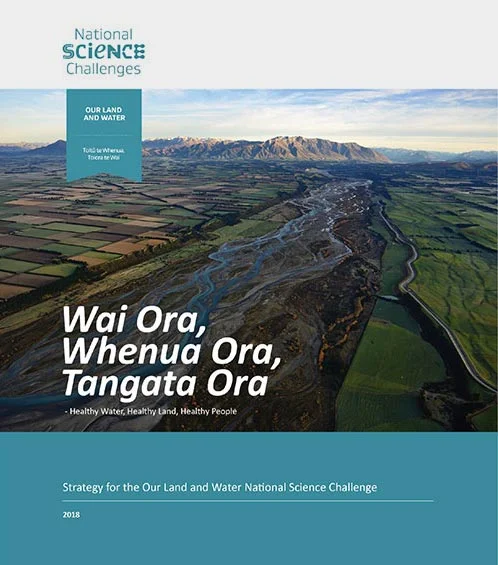 View Our Strategy Document 2019 – 2024
View Our Strategy Document 2019 – 2024

